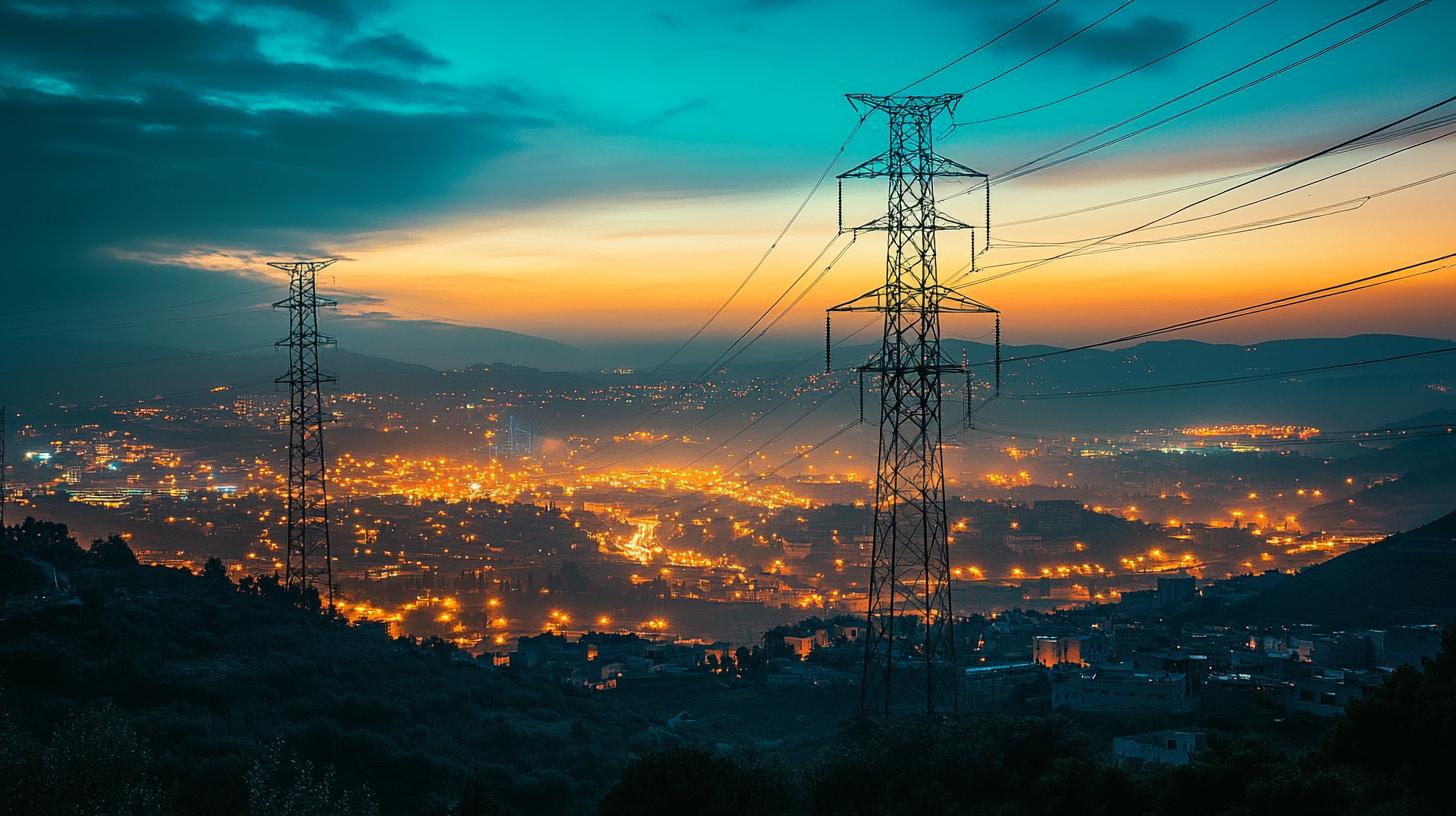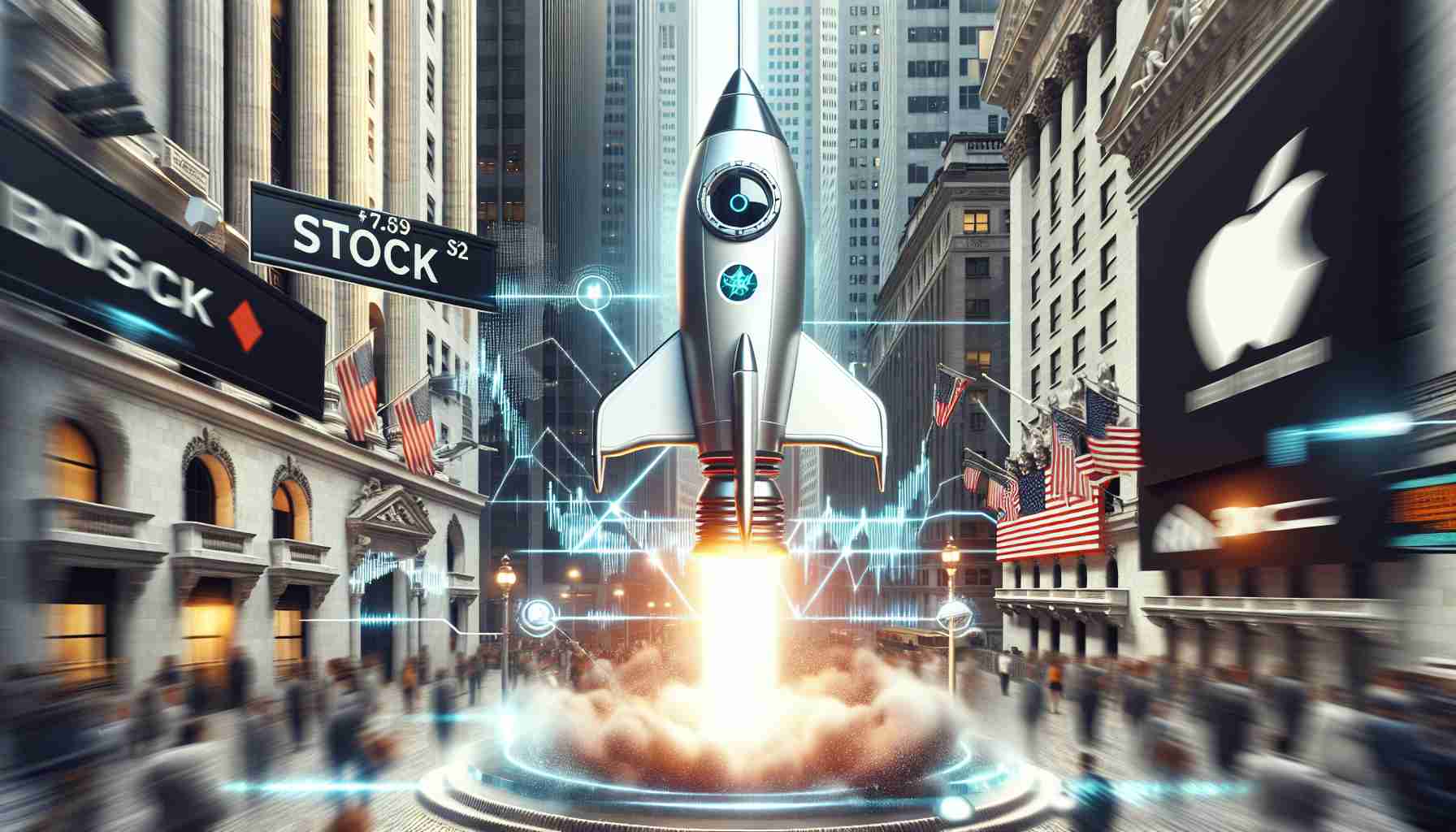Morocco is Set to Become a Global Player in EV Batteries
Morocco is rapidly advancing its electric vehicle (EV) battery industry, with aspirations to emerge as a key exporter to Europe and the United States by 2030. A report commissioned by the UK government highlights Morocco’s potential to competitively produce and export lithium iron phosphate (LFP) batteries at a cost-effective rate of USD 68-72 per kilowatt hour by 2030. This could potentially generate an impressive USD 10-15 billion annually, creating tens of thousands of jobs and positioning Morocco alongside global powerhouses like China and the US.
Strategic Advantages and Investments
The report underscores Morocco’s strategic advantages such as a growing automotive sector and abundant reserves of essential minerals like lithium and cobalt. These factors, alongside a robust refining industry, make Morocco an attractive location for global battery manufacturers. The country is set to host Africa’s first gigafactory, marking a major milestone in its industrial development.
Investment and Global Ties
Morocco’s free trade agreements with the US, along with its proximity to Europe, enhance its appeal to foreign investors. The report indicates that by 2030, Morocco might be the only African nation producing key cathode materials, vital for battery manufacturing. This unique positioning is a result of multiple investments from Chinese firms, showcasing Morocco’s potential as a manufacturing hub.
Recent substantial investments highlight this growth, including a $1.3 billion gigafactory by Gotion High Tech and ambitious projects from other major Chinese battery manufacturers set to take off in the coming years.
The Surprising Role of Morocco in the Future of Electric Vehicles
Morocco’s Leap into Electrifying the Future
As the world shifts towards a more sustainable future, Morocco’s budding electric vehicle (EV) battery industry positions it as a new frontier for innovation and technology. Set to be a major player by 2030, Morocco’s plans to supply lithium iron phosphate (LFP) batteries at a highly competitive price paints an intriguing picture for the global automotive industry. But what does this mean for the development of new technologies and for humanity’s push towards a greener future?
Revolutionizing Technology and Industry
Interesting Developments:
Morocco is not only poised to become a central figure in the EV market, but this transformation is likely to catalyze significant technological advancements. The establishment of Africa’s first gigafactory is not just a regional milestone; it is a launchpad for advancing battery technology in ways that could improve energy storage, efficiency, and capacity across various sectors. These improvements may also spill over into consumer electronics and renewable energy storage solutions, further embedding sustainable technologies in our daily lives.
Moreover, Morocco’s focus on LFP batteries, known for their safety and longevity, might influence future automotive designs and propulsion technologies, encouraging the adoption of more environmentally resilient transport solutions globally.
Advantages and Opportunities:
1. Economic Growth and Job Creation: Morocco’s battery industry is expected to generate up to USD 15 billion annually, bringing tens of thousands of jobs. This economic upturn could elevate living standards and reduce poverty levels in the region, leading to societal advancements.
2. Strategic Global Player: The backing of major Chinese investments enhances Morocco’s position on the global stage, diversifying technology reliance and potentially stabilizing the region through economic interdependence.
Challenges and Controversies:
While Morocco’s ambitious plans present numerous opportunities, they also come with challenges and controversies that warrant scrutiny.
1. Environmental Concerns: The mining and refining of essential minerals like lithium and cobalt pose significant environmental threats. Potential ecological degradation and the risk of resource overexploitation are critical issues that Morocco must manage to ensure sustainable development.
2. Geopolitical Dynamics: The heavy investment from Chinese firms may influence Morocco’s political and economic policies, raising concerns about sovereignty and strategic alignment in global affairs.
Questions We Must Consider:
– How will Morocco manage the environmental footprint of its mineral extraction processes?
Morocco could leverage sustainable mining practices and invest in environmental restoration projects to mitigate negative impacts.
– Can Morocco maintain an independent technological pathway while accommodating foreign investment?
By fostering indigenous talent and cultivating local expertise, Morocco might strike a balance between embracing investment and ensuring national interests are safeguarded.
The Path Forward
Morocco’s ascent in the EV battery sector is indicative of a broader trend where emerging markets are challenging traditional powerhouses in technological arenas. If managed effectively, Morocco’s leap into the battery industry could offer a blueprint for other nations aspiring to harness technology for economic and societal transformation.
For more insights on global battery industry trends, visit BloombergNEF and for in-depth energy market analyses, check International Energy Agency.
The impact of Morocco’s efforts transcends beyond regional boundaries, influencing global advancements and fostering a future where technology is more integrative and sustainable.






















